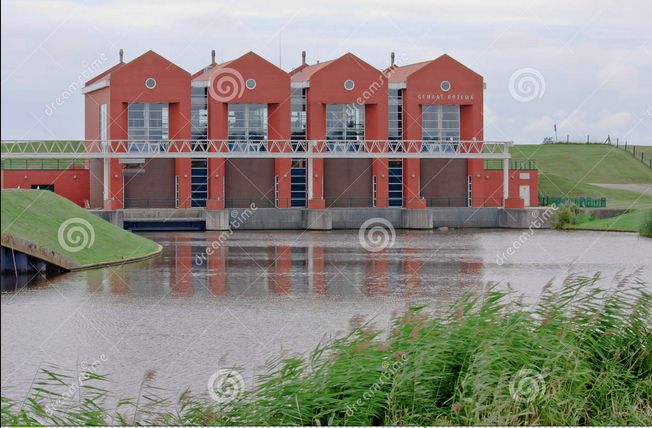ROTTERDAM, the Netherlands — The wind over the canal stirred up whitecaps and rattled cafe umbrellas. Rowers strained toward a finish line and spectators hugged the shore. Henk Ovink, hawkish, wiry, head shaved, watched from a V.I.P. deck, one eye on the boats, the other, as usual, on his phone.
Mr. Ovink is the country’s globe-trotting salesman in chief for Dutch expertise on rising water and climate change. Like cheese in France or cars in Germany, climate change is a business in the Netherlands. Month in, month out, delegations from as far away as Jakarta, Ho Chi Minh City, New York and New Orleans make the rounds in the port city of Rotterdam. They often end up hiring Dutch firms, which dominate the global market in high-tech engineering and water management.
That’s because from the first moment settlers in this small nation started pumping water to clear land for farms and houses, water has been the central, existential fact of life in the Netherlands, a daily matter of survival and national identity. No place in Europe is under greater threat than this waterlogged country on the edge of the Continent. Much of the nation sits below sea level and is gradually sinking. Now climate change brings the prospect of rising tides and fiercer storms.
From a Dutch mind-set, climate change is not a hypothetical or a drag on the economy, but an opportunity. While the Trump administration withdraws from the Paris accord, the Dutch are pioneering a singular way forward.




